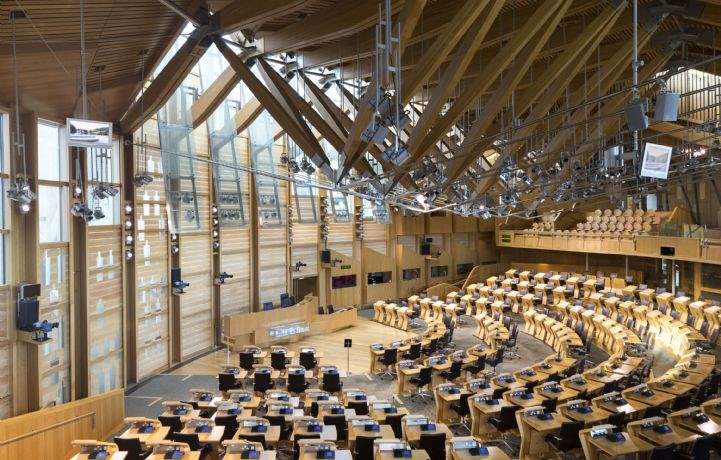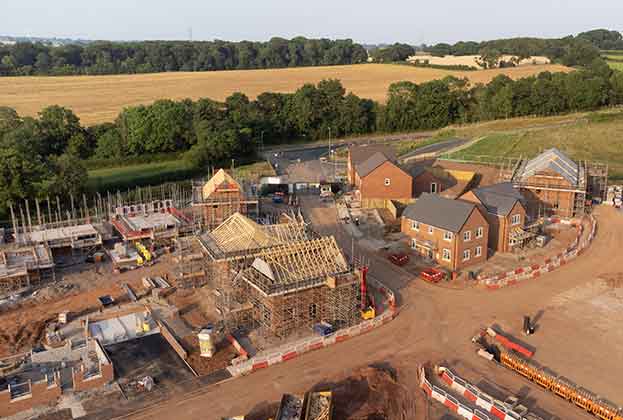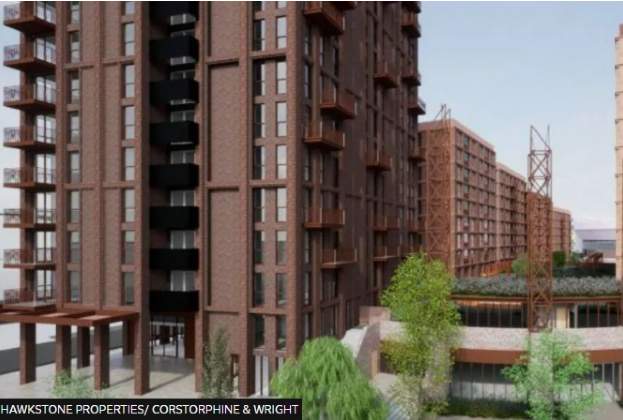The Scottish Government is currently progressing the Planning (Scotland) Bill through Parliament with the laudable aims of improving the planning system in order to give people in Scotland a greater say in the future of the places in which they live, and supporting the delivery of planned development.
The Bill, as currently drafted, leaves much of the detail to secondary legislation, future regulations and planning guidance. Yet it is encouragingly aspirational and seeks to achieve collaboration between all parties, including planners, policy makers, local government and, importantly, communities who will have a greater opportunity to shape the future direction of development through Local Place Plans with a view to delivering more positive planning outcomes.
Replacing the Strategic Development Plan tier of the Development Plan with the National Planning Framework is intended to help to free up more resources to help successful plan making. This objective is likely to be further boosted by the proposed move towards a 10-year review cycle for Local Development Plans.
In our formal response, we recommended that a link between these documents and the new Local Place Plans should be included within the Billl, along with clear triggers would enable Local Development Plans to be reviewed and amended, such as a failure to maintain an effective housing or employment land supply or to meet housing land targets.
The introduction of ‘Third Party’ or ‘Equal Rights of Appeal’ have not been included in the Bill, as currently drafted. The right of a landowner to develop their land or property as they see fit is already restricted by a planning system which is administered by democratically elected local planning authorities. The current appeals system already allows all interested parties to take part in the review of planning decisions in a forum where all parties get to state their case through independent arbitration. The introduction of additional appeals, no matter how limited, would run the risk of deterring investment, while unrealistically raising communities expectations.
Both of these impacts would reduce public trust in Scotland’s planning system. However, there is scope for more joined up working. Firstly, the role of the Regional Planning Partnerships needs to be better defined, including a statutory requirement for them to be involved in the Development Plan process. Indeed, if this is not occurring voluntarily, specific wording should be included in the Bill to let Ministers intervene to direct groups of local authorities to work together.
And given the Scottish Government’s reliance on City Region Deals to deliver economic growth, the Bill needs to ensure that linkages between City Region Deal Bodies and Regional Planning Partnerships is properly established in secondary legislation or guidance.
Further, the hierarchy and relevance of the various documents which comprise the Development Plan (namely the National Planning Framework, Local Development Plans and Local Place Plans) should be clarified to allow decision-makers to properly understand the implications of a project at any specific point in time.
It will be interesting to see how the proposals to introduce an infrastructure levy are taken forward. Given the vast regional differences encountered in delivering development across Scotland, the implementation of such a tax is likely to be challenging and experience from elsewhere in the UK suggests that such a levy is unlikely to deliver more, or indeed better, developments.
Extending the remit of section 75 agreements, provided the link to the impact of a particular development is maintained, seems a more reasonable and likely successful means to move forward.
The Bill aspires to greater levels of collaboration, requiring consensus by full council endorsement of Local Development Plans. A wider appreciation of how the planning system can be shaped from the outset to provide positive planning outcomes would be beneficial. This would help change the general public perception of planning as a reactive to a pro-active process which can actually deliver the sustainable economic growth that Scotland needs. A second debate on the Bill will take place in Parliament in September following the Parliamentary Summer Recess.
Further information




.jpg)
.jpg)
.jpg)
.jpg)
.jpg)

